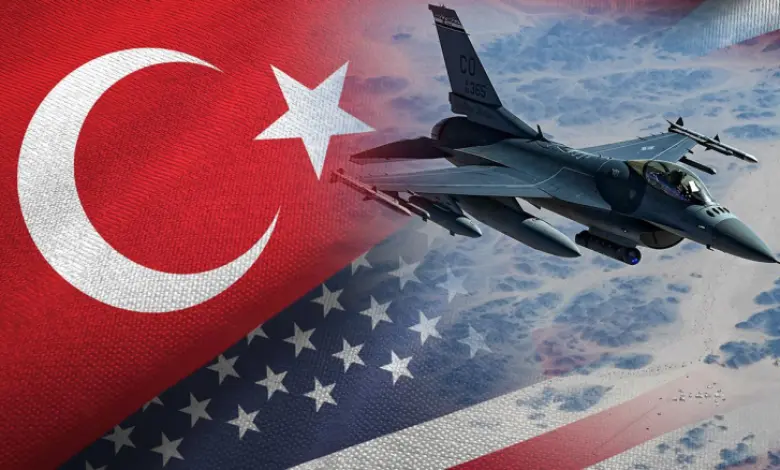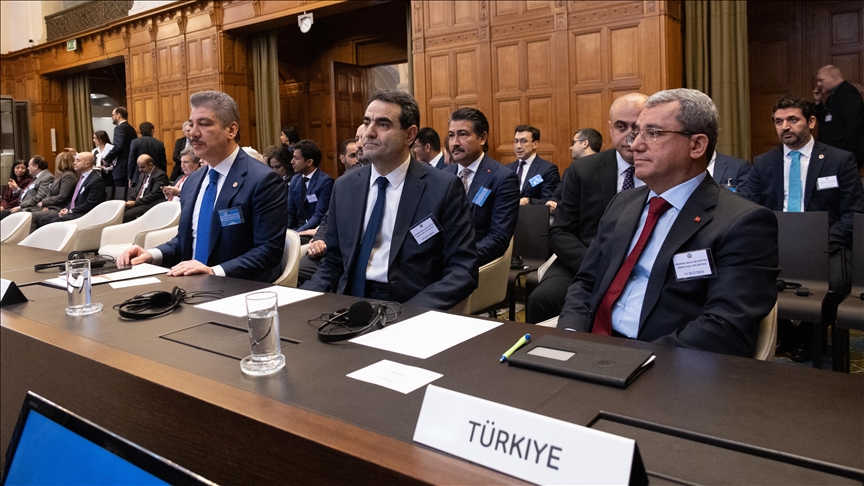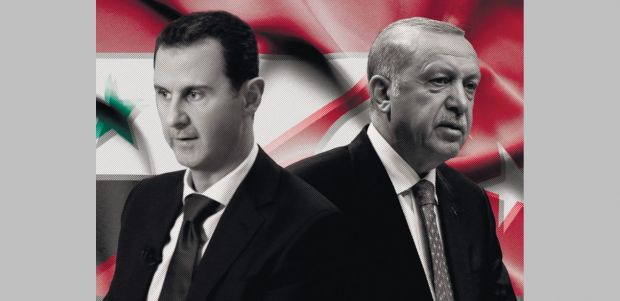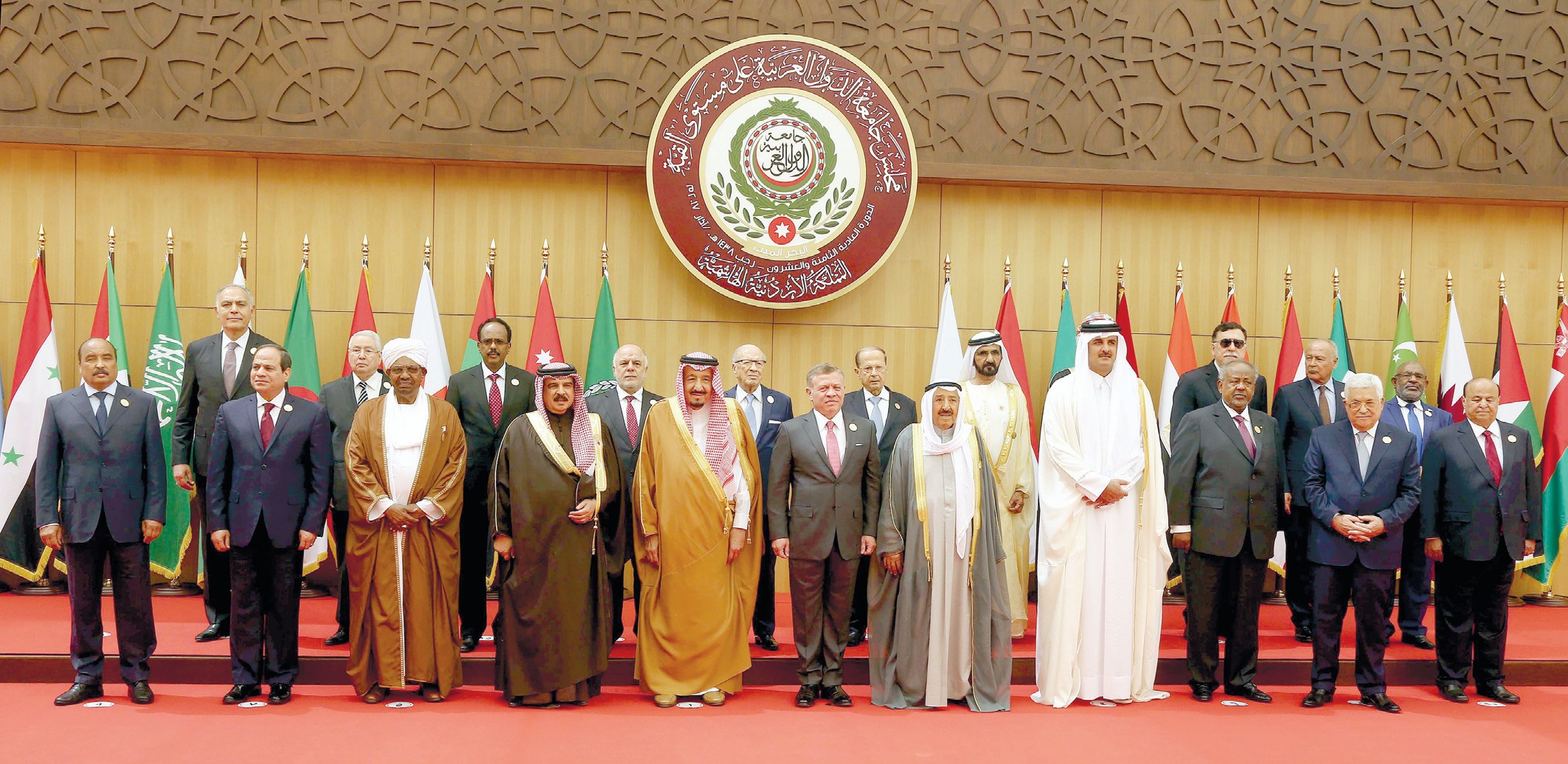
After three years of tough negotiations, the US and Türkiye have finally agreed on the sale of F-16s. The Pentagon announced in late January that the US State Department had approved the deal and notified Congress. The deal includes 40 F-16 Block 70 fighters and 79 F-16 upgrade kits for Türkiye, worth a total of $23 billion.
The announcement came shortly after the Turkish parliament voted to approve Sweden's NATO membership. This suggests that the deal was part of a broader diplomatic effort between Washington and Ankara. It is worth noting that the State Department also approved a separate deal for the sale of 40 F-35 aircraft to Greece for $8.6 billion. These deals are seen as a sign of a new phase in the relations between Ankara and Washington, which have been strained in recent years.
A rocky alliance
This year, on February 18, Türkiye celebrates its 72nd anniversary of joining NATO. Despite many challenges and disagreements with Washington within the alliance, Ankara has remained the second largest military power in NATO after the US. During the Cold War, Türkiye played a vital role in defending the alliance's eastern borders and forged a close partnership with Washington, though it also faced some crises such as the Cyprus conflict.
However, in recent years, the two countries have diverged on several issues Türkiye's assertive foreign policy, expanding its political and economic influence in the region, has not pleased its Western allies. Türkiye has become a country that pursues its own interests in Africa, the Middle East, the Caucasus and Central Asia, which is not welcomed by Washington or European capitals.
The gap between the West and Türkiye widened after the Arab Spring, amid civil wars and ISIS terror in the Middle East. This was particularly evident in 2015, when the US started cooperating with leftist Kurdish groups in Syria, allied with the Kurdistan Workers' Party (PKK). Türkiye views the PYD (Democratic Union Party) and the Syrian Democratic Forces coalition, which it is part of, as a threat to its national security.
Another turning point in the bilateral relations was the rapprochement between Ankara and Moscow, which resulted in Türkiye's purchase of Russian S-400 air defence systems. Other sources of tension include Ankara's claims to oil and gas fields in the eastern Mediterranean Sea, the dispute over the energy resources off the coast of Cyprus, which has worsened Ankara's relations with Athens. Moreover, the growing competition with Western countries, especially France, in Libya and North Africa, as well as the political situation in the South Caucasus, remain major issues between the US and Türkiye.
The main points of friction in the US-Turkish ties were perhaps best expressed by Congressman Chris Van Hollen, a member of the Senate Committee from Maryland. He said that he had "serious concerns about Türkiye's veto of Sweden's NATO membership, continued Turkish attacks on our Kurdish allies in Syria, aggressive behaviour in the eastern Mediterranean, and support for Azerbaijan's military actions in Nagorno-Garabagh."
A new start with the F-16s
The most obvious sign of the improvement in the bilateral relations was the recent visit of US Deputy Secretary of State Victoria Nuland to Ankara, right after President Biden's speech to Congress on the F-16 sale. Interestingly, Nuland herself gave an interview after a series of meetings in the Turkish capital. According to her statements, the talks covered all the weak points in the US-Turkish relations.
For example, it has been revealed that Türkiye will host the Trade Winds 2024 meeting this year, with the help of the US Department of Commerce. The two sides have also made significant agreements on trade and investment, which will lead to more American investment in Türkiye.
Nuland told the Turkish media that the two countries agreed to hold talks on their differences over the fight against terrorism in Syria in the past years. They will also establish military and intelligence coordination. This is particularly important after the incident last October, when a Turkish UAV was shot down by the US military in Syria due to the lack of coordination between the intelligence agencies.
It has also been confirmed that the US will not withdraw from Syria and will keep cooperating with the People's Self-Defence Units in the fight against ISIS.
Another notable development is that Washington has given the green light for the F-35 fighter jet programme for Türkiye. Nuland said that Türkiye could rejoin the F-35 consortium if it resolves the issue with the S-400 air defence systems. She also said that Türkiye should have powerful air defence systems.
In other words, Washington offers Ankara the sale of NATO-made air defence systems and the return to the F-35 consortium in exchange for Türkiye's renunciation of Russian S-400 systems.
Washington needs Ankara
Ankara's decision on Sweden is not the only factor behind the improvement in US-Turkish ties. It is also related to the situation in the Middle East. The US leadership recognises the importance of Türkiye as a NATO ally in the face of its declining "soft power" in the region. The US government's inability to achieve a ceasefire in the Gaza Strip is putting pressure on Washington. The fifth visit of Secretary of State Anthony Blinken in the last four months shows that Washington has serious challenges not only with Iran and its allies, but also with smoothing out the tensions with its close ally Israel and the Arab states.
On the other hand, in recent years Ankara has grown closer to Moscow as it drifts away from Washington, which is especially evident during critical times such as the war in Gaza. In other words, Washington needs Türkiye in the region now.
Of course, Ankara is pleased with the decisions on the sale and upgrade of F-16 aircraft, as well as the increased US investments. However, there are still major disagreements between Ankara and Washington. For example, Ankara rejects the US commitment to the Kurdish policy in Syria or its demand to give up Russian air defence systems for the US F-35 programme.
In this sense, it would be unrealistic to expect that the current US-Turkish ties will go back to how they were in the 1990s. However, this move by the US democratic leadership indicates that they are starting a new phase. By the way, there is a chance that the relations between the two countries will get even better if the Republican candidate wins the US presidential election in November this year.






